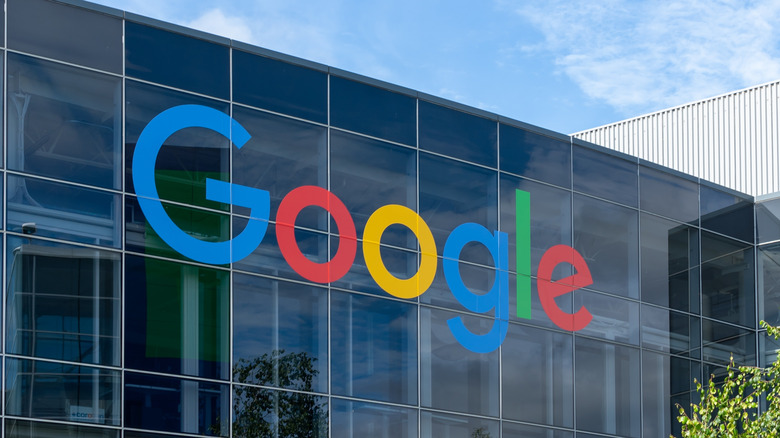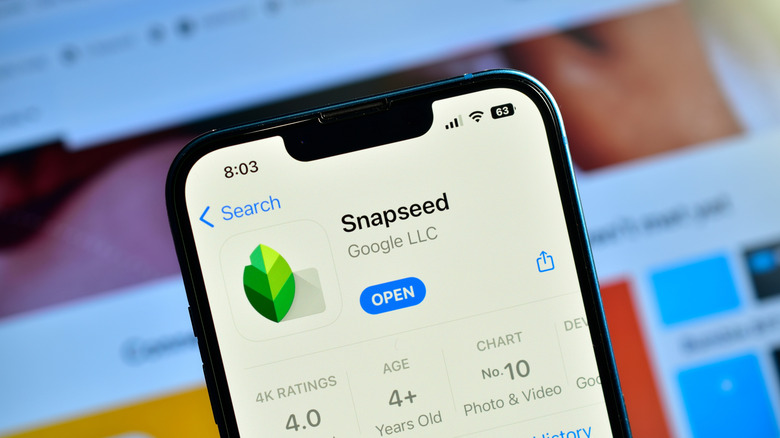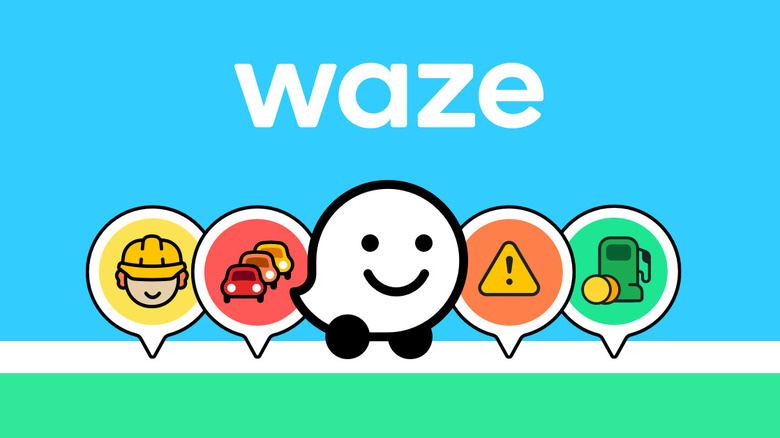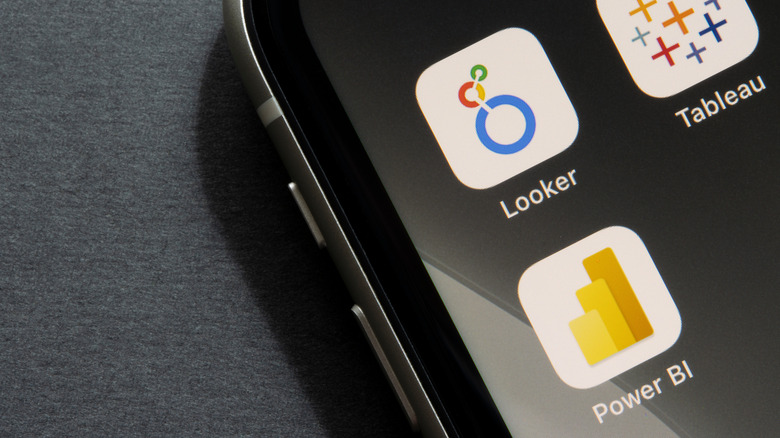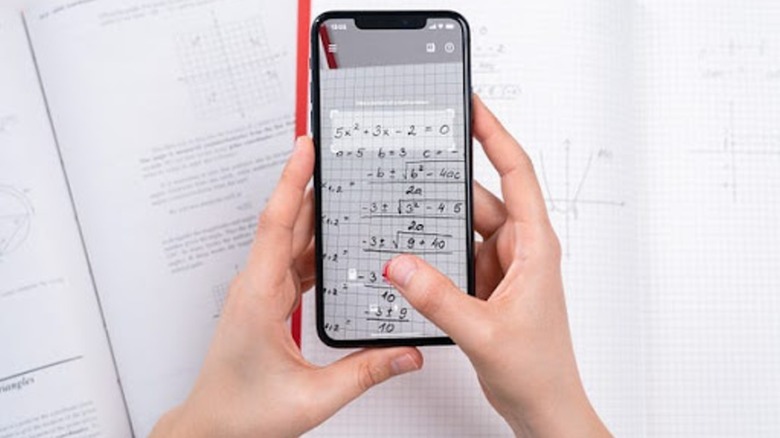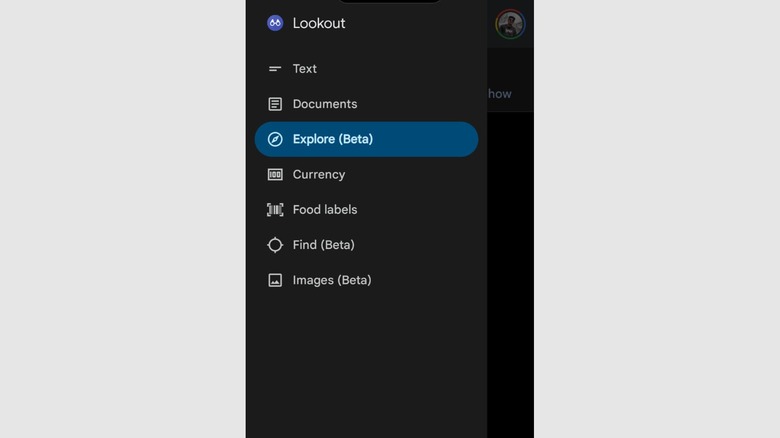5 Apps You Didn't Know Are Owned By Google
When you think of Google, your brain probably jumps straight to Chrome tabs breeding like rabbits, Gmail with its hoard of decade-long unread newsletters, or Maps rescuing you when you've taken one wrong turn too many. Which is completely understandable, but a tech giant like Google is bound to have some hidden tricks up its sleeves, just like these three major companies you might not realize are owned by Google.
It hasn't just built fantastic apps, but acquired some pretty solid ones too. There are the obvious big boys like YouTube, and then some hidden gems that edit photos, navigate through the streets, and save your life one math problem at a time. Google owns quite a handful of the apps you're happily tapping away on, and chances are, you didn't even know it.
These are some of the apps hiding under Google's umbrella, especially the ones you've been using all along without realizing who's really signing the checks.
Snapseed
Time and again, the rhythms of life show us that true strength lies in nailing the basics, not the glitter of a shiny new trick — and Snapseed is living proof of that. In the early years of the previous decade, the app wasn't just popular — it was practically a rite of passage for anyone who loved to take photographs on their devices. The UI is deliciously barebones yet sports a buffet of over 25 tools. Whether you need to flick a gum wrapper out of your photo's background, erase that stubborn pimple, or bathe a dull photo in a faux sunset glow, Snapseed will handle it with a few quick taps on the screen.
Before Google swooped in to acquire Snapseed in 2012, it was paid and iOS-only but was already trailblazing to triumph by winning iPad App of the Year. Google's big dream? Rival Instagram in its war against Facebook. Snapseed already had the photo-editing part nailed down tight, but it lacked the social stage. The only way those two were ever linked was when we saw influencers on Instagram sharing their favorite Snapseed settings to edit their photos — tips you can get in on to make your smartphone photos pop using Snapseed.
To this day, a class app like Snapseed is completely free to use on the App Store and Google Play without any subscriptions, upgrades, or even ads. You get every tool out of the box without spending a dime.
Waze
Built with the daily driver in mind, Waves thrives on real-time, crowdsourced updates. Unlike most conventional navigation apps, it does more than just direct you from one place to another — your commute is more of a social experience, with driver to driver intel keeping you company through traffic jams and road closures. The interface is vivid and cheerful — not something navigation apps are really focused on, and what do those random emojis on Waze even mean? You get a clear warning for where police and speed cameras are located, the different parking lots and their prices near your destination, charging stations and tolls. Plus, it lets you link up with Spotify, Pandora, and friends so your playlists stay in reach. The fact that it's second in Navigation on the App Store and has over 500 million downloads on Google Play is a testament to its incredible features.
However, there are areas where it stumbles. Setting a starting point anywhere other than your current spot feels like solving a puzzle. If you lose internet connection, you lose Waze — there's no true offline safety net.
It does feel odd at first, doesn't it? Why would Google keep Google Maps and Waze when they technically do the same thing? If you've used them both at certain points, you'll know that both the apps have different identities — Google Maps is the serious, buttoned-up, fact-driven sibling, while Waze is the cheeky, bright, and trustworthy friend with all the valuable insider gossip.
Looker
In the easiest of terms, Looker Studio is a tool that pulls data from different sources, slices it, dices it, and turns it into reports and dashboards that actually make sense and can be easily interpreted. Under the hood, it uses its own markup language (LookML) to predefine all the joins, filters, and rules, but for the average business user it feels as simple as clicking the right fields and filters on a clean interface.
Google's Looker app for Google Play and App Store takes all this power and puts it in your pocket app. You can log in seamlessly on your phone with Google OAuth or 3PIDP, browse through your dashboards, Looks, boards, and even collaborate with your team while you're on the go. This experience becomes even more well-rounded since Looker Studio offers reports optimized for smaller screens.
Looker is often seen in contention with other Business Intelligence platforms like Tableau and Power BI, with users preferring Looker due to its robust permissioning and data security framework, but finding it short in customization and dashboard aesthetics.
Photomath
Here we have the fairy godmother of students struggling with math worldwide. Photomath is almost every student's — present or former — dearest wish turned into an app. Someone doing your math homework for you. The only thing you have to do is point your camera at the problem — whether it's typed, handwritten, or on another screen. Step-by-step explanations, various problem-solving methods, and even animated breakdowns to show you how the math unravels. The millennial in me would never have imagined this could happen some 10 years ago.
While this miracle is a ray of sunshine for students, it's a bit of a nightmare for the teachers. If you really look into it. Photomath for App Store and Google Play isn't really about cheating. The app helps you learn at your own pace, and you have a tutor available in your pocket at all times. It's all inclusive, meaning anyone learning elementary to advanced math will find it useful, making it one of the best apps every iPad user should have installed. AI-based apps like these are rewriting the current education system, and when giants like Google throw their weight behind AI-powered learning, it signals a large shift. The question isn't whether apps like Photomath are helpful (they absolutely are), but whether this shift is a blessing or a crutch.
While the app is free to download, it does offer in-app purchases with a Monthly plan retailing at $9.99 and a Yearly plan retailing at $69.99.
Lookout
Accessibility matters, and Lookout for Android makes sure people with low vision or blindness can stay on top of their surroundings and everyday tasks, whether that's handling groceries, keeping track of money, or reading labels and receipts with way less hassle. Using just your smartphone camera, Lookout taps into cutting-edge computer vision and AI to recognize objects, read text, and even describe what it sees right through the lens. It's available in over 30 languages, including English, Arabic, Filipino, Hindi, Italian, Finnish, and plenty more. Paired with some useful tech gadgets that can assist the visually impaired, it contributes to making life much more easier for them.
Once you've set up the app, you can lean on it for daily assistance with seven handy modes, giving you instant access to your environment. You can use Document mode to read full pages of text, or switch to Food Labels mode to scan barcodes and recognize products on the spot. Currency Notes mode helps you figure out the type and amount of money in different currencies — though right now it only works with U.S. dollars, Indian Rupees, and Euros, and doesn't cover coins yet. There's also an Explore mode, which lets you hear real-time descriptions of the objects and text around you.
